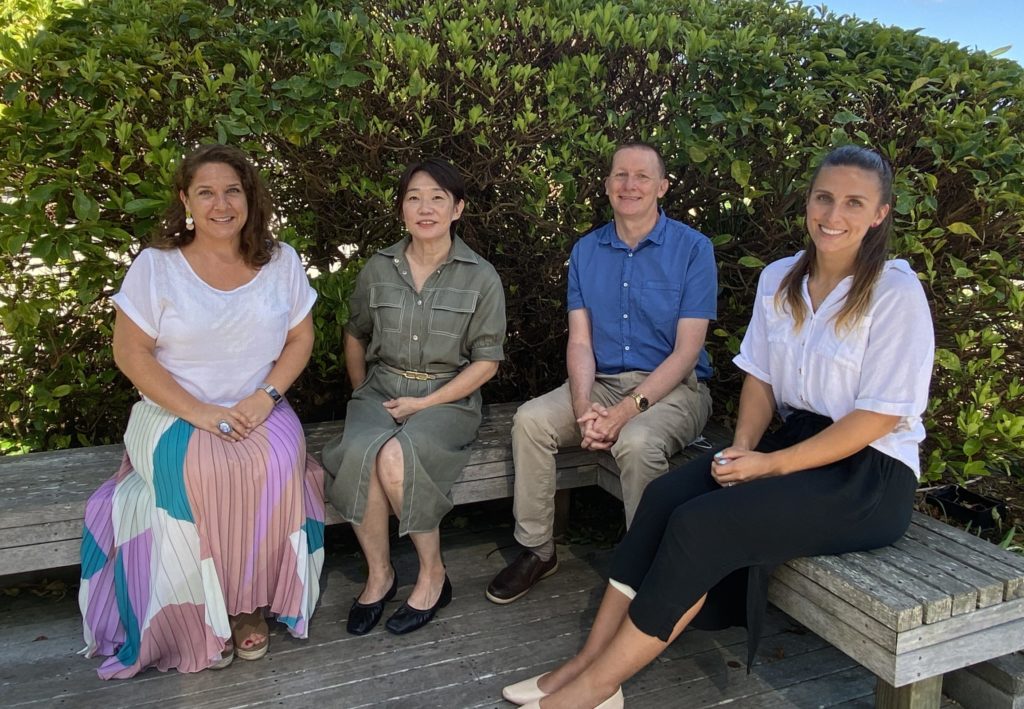Due to the pandemic, recent world events in Ukraine and the recent coverage of the mandate protests in the media, the world we now live in is a very different place. The hyperconnected nature of our current environment means that we are constantly being reminded of the challenges we face via numerous media and social media channels. Our connectivity to the digital world exposes us to a barrage of messages that can leave us feeling overwhelmed. As a result, many children and their parents are reporting higher levels of stress and anxiety. This feeling is exacerbated by the experience of getting back to normal after long periods of time in lockdown. From the start of this year, the usual routine of going to school Monday to Friday throughout the term is one that many young people are struggling to adjust to again after a long time of online learning.
Unfortunately, our brains have not evolved fast enough to adapt to this digital landscape. The combination of constant access to information and having little control over the situations presented can be stressful and overwhelming. It is therefore important for adult carers to check in with their children and be aware of what information they may have been exposed to. It may not necessarily be the information itself that is harmful, but more their inability to process and make sense of it. Providing children with the skills and strategies to cope will enable them to flourish and thrive, socially, emotionally, and academically.
The blueprint for parenting, based on our own experiences, is no longer fit for purpose in raising kids as citizens of tomorrow. This can be inherently stressful and overwhelming, not only for parents and carers but children alike. If left untreated or unmanaged, constant stress and anxiety can lead to a number of behavioural issues or health consequences.
In this month’s Special Report on SchoolTV, Child and Adolescent psychologist, Dr Emma Woodward, suggests a number of strategies to help manage any feelings of overwhelm that you or your child may be experiencing. We hope you take a moment to reflect on the information offered, and as always, we welcome your feedback. If this raises any concerns for you, a loved one or the wellbeing of your child, please feel free to be in contact with the counselling team at Rangitoto College or seek other medical or professional help.
To access the special report please click here.
Jay Smith, Head of Guidance




